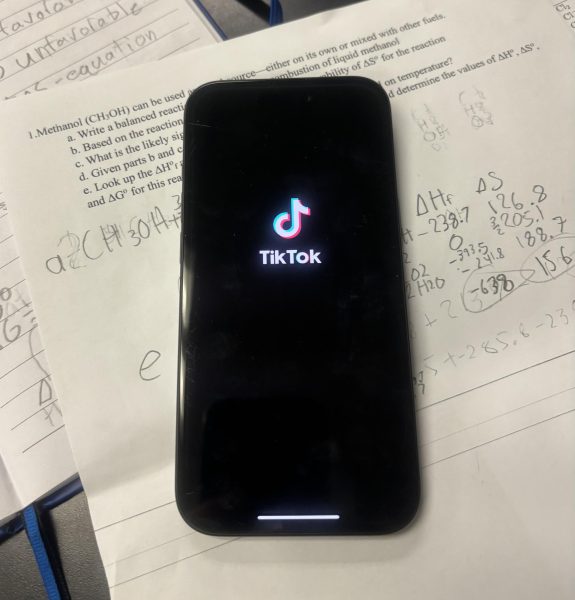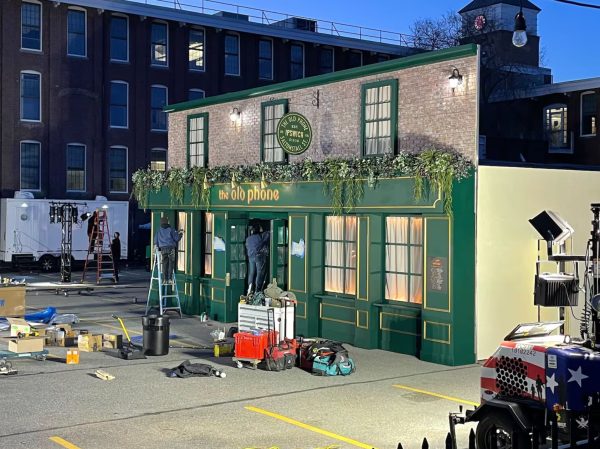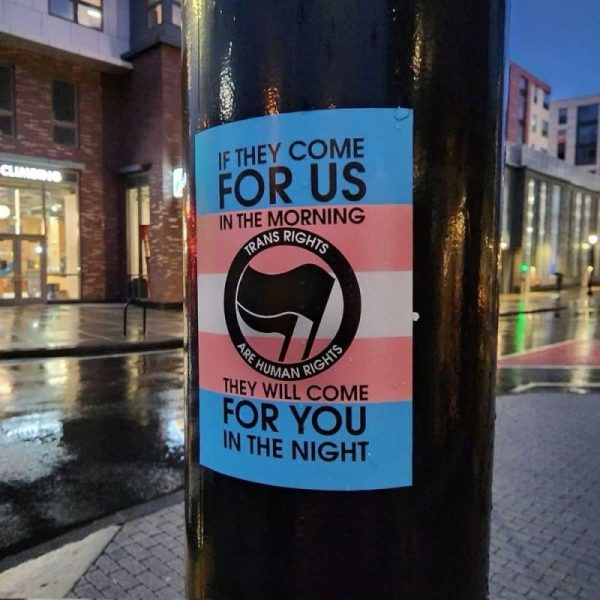“Search and Seizure”
A look into a school law that students should look out for

Junior John Serineo searches senior Jared Leonard’s bag as he had reasonable suspicion of him.
What would you do if Principal Patrick Kelly stopped you in the hall and started searching your bag? This could happen to you at any moment of the school day. You could be walking down the hallway and any teacher could say they have reasonable suspicion and they are able to search your bag.
One recent court case known as Petitioners v. April Redding is about a 13-year old girl who went to court because the school violated her fourth amendment rights. She was approached by a school official and was subject to a search of her bra and underpants because the school administrator had a reasonable suspension that she had brought unprescribed drugs to school.
“I didn’t know this was actually a thing,” said Triton math teacher Joseph Galante “People that have been found with objects should be on the lookout because history is bound to repeat itself.”
He says kids that have been caught vaping in the bathrooms and caught with vapes on them should be on the lookout rather than kids that haven’t done anything wrong.
There is a court case that describes this whole law of search and seizure. People have mixed emotions about this law saying that only people that have records of having things and are already being caught should be the only ones that are eligible to be searched. The Court case of New Jersey V. T.L.O. talks all about the “search and seizure” law for students in school where they can only be searched with reasonable suspicion. In this court case, a 14-year old freshman was caught smoking in the bathroom. The principal then had a suspicion that she was carrying illegal substances in her purse so he was then able to search it.
The teenager said it was violating the right of her Fourth Amendment but it was not within the law that lets school administrators search with reasonable suspicion.
Senior Dylan Wilkinson had no idea this was a law and was not opposed to it at all, “I think it’s an invasion of privacy especially if someone has done nothing wrong.”






